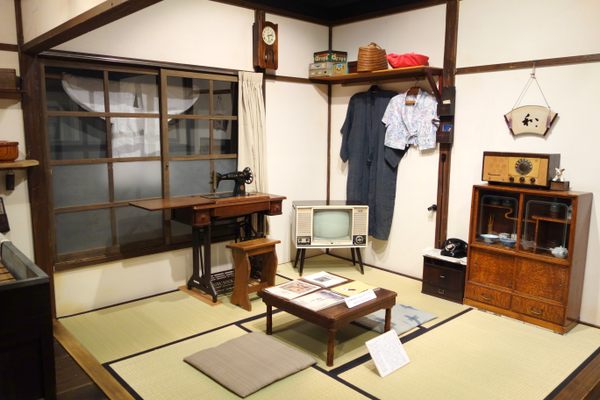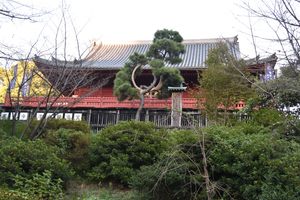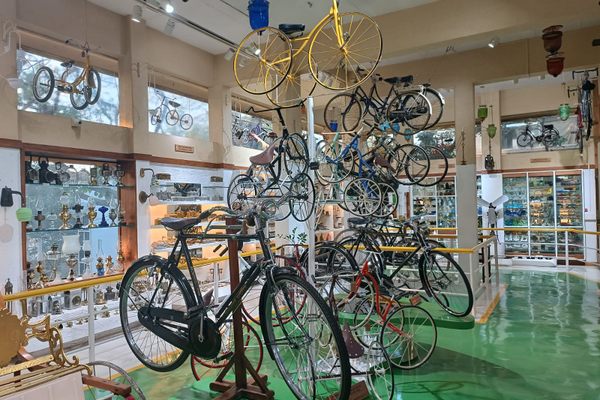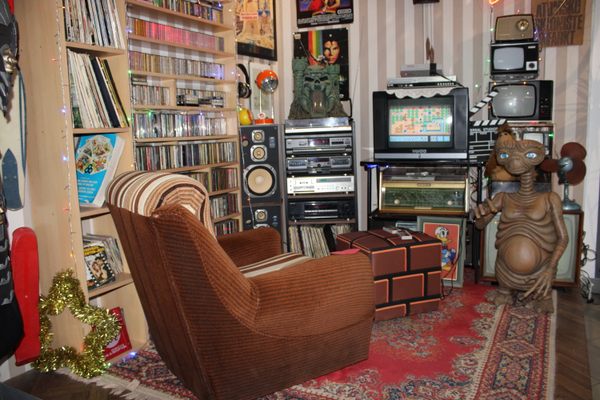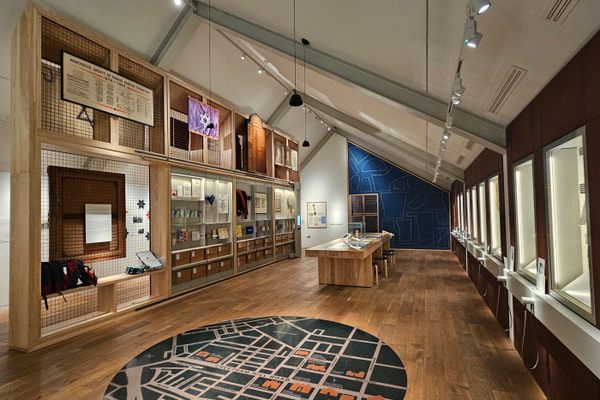About
Update as of April 2023: The museum is currently closed until 2025.
The Shitamachi Museum sheds light on Tokyo’s often-overlooked eastern region. Its rich collection details the area’s distinct culture, preserving a time when the city’s social, cultural, and geographic boundaries were a bit less fluid.
The historic separation of Tokyo into two distinct regions has persisted even to this day, though the definitions of the city’s boundaries have expanded. Yamanote (meaning "mountain's hand") was the hilly area populated by the rich and the powerful, including Tokugawa vassals and the military elite. Conversely, Shitamachi (meaning "under city" or "low city") was flat and marshy, and distinctly lower class.
The first floor of the Shitamachi Museum contains a reproduced living space, showing how the latter's everyday people once lived. You can peek inside a replica of a merchant’s house and view a replica of tenement house apartments. A Shinto shrine, an old public phone box, and a selection of old children's toys are also on display. All the artifacts were donated by those who lived in the area during the Taishō period.
On the second floor, you can find a variety of materials related to the history of the Shitamachi area, as well as a typical living room, an interior of a cafe, and even the entrance to a bathhouse. There's even a corner where visitors can get hands-on and play with old, traditional toys. Nearby, a television plays a documentary on the history of the region, focusing on the years during and after World War II.
Update as of January 2024: Closed for renovations until 2025.
Related Tags
Know Before You Go
Known as Shitamachi Fūzoku Shiryōkan in Japanese. The museum is a three-minute walk from Ueno Station and is open from 9:30 a.m. to 4:30 p.m. every day of the week except Mondays. The entrance fee is 300 yen for adults and 100 for students.
Hidden Japan: Sado Island, Nara & Kyoto
Explore a different side of Japan.
Book NowCommunity Contributors
Added By
Edited By
Published
September 20, 2018
